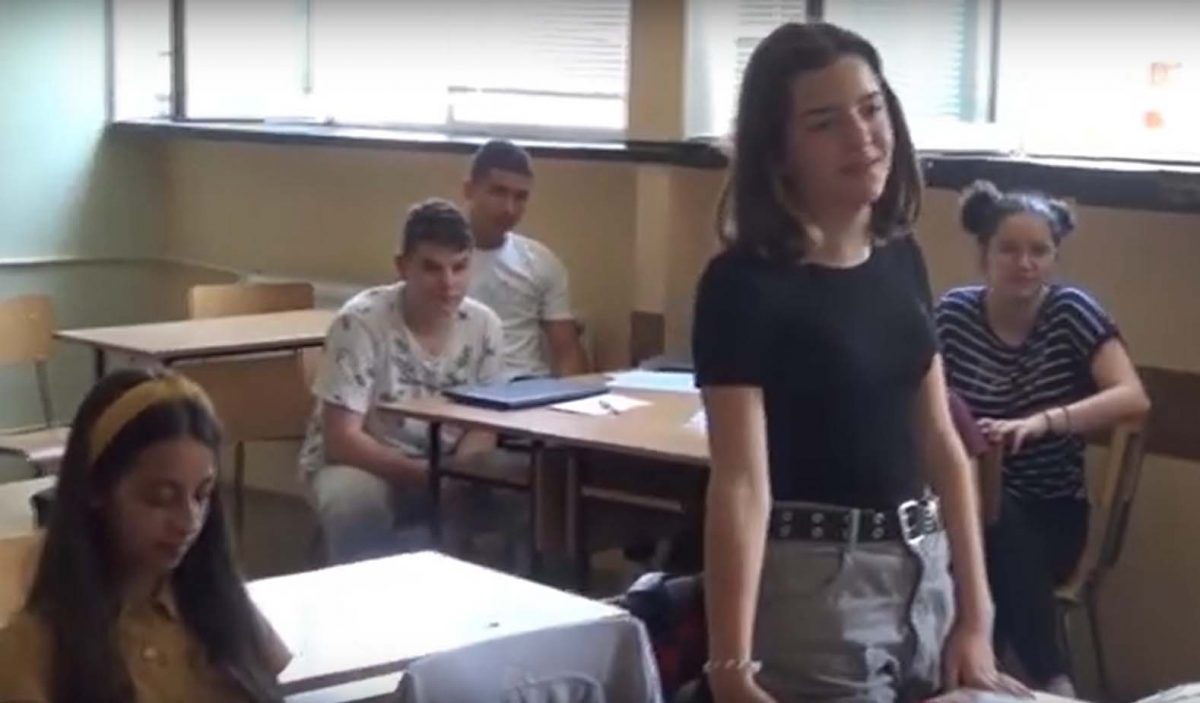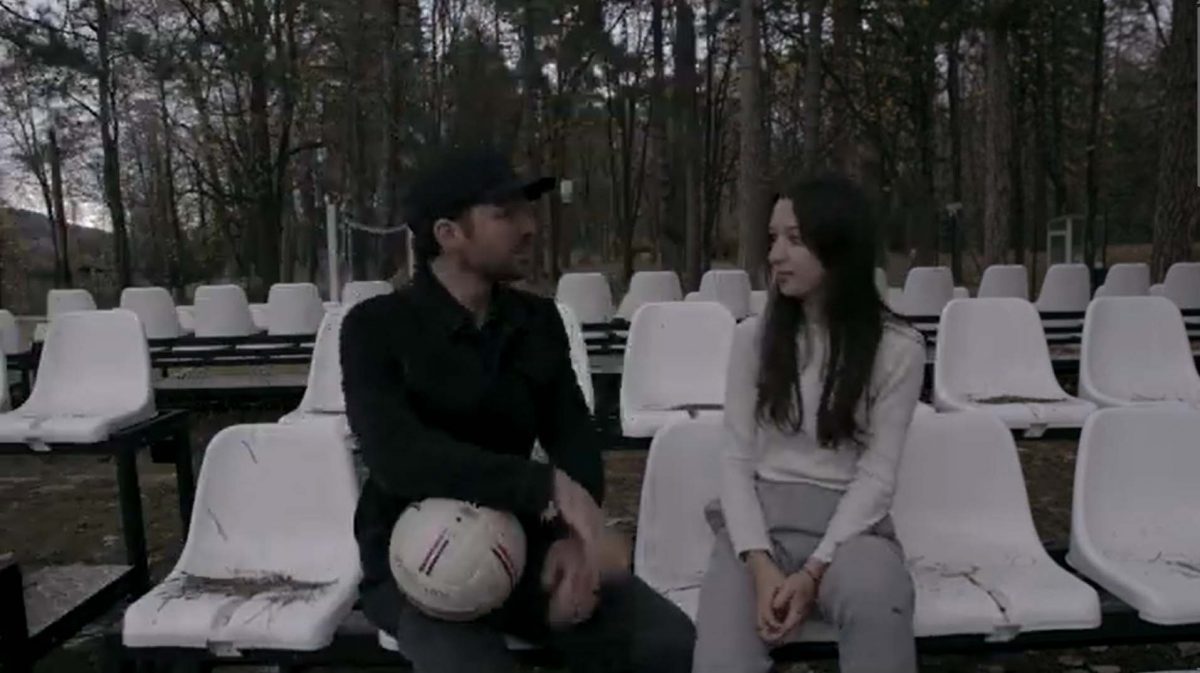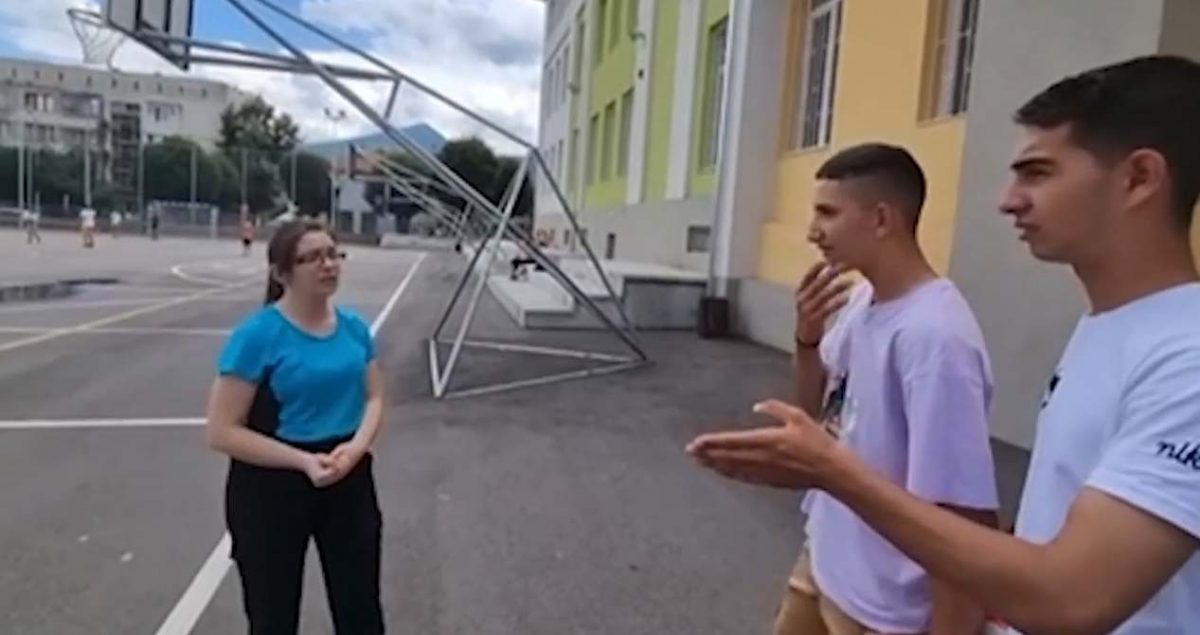The right to work is a fundamental right enshrined in the Universal Declaration of Human Rights.
According to Art. 23 of it: everyone has the right to work, to free choice of work, to fair and favorable working conditions, as well as to protection against unemployment; every person, without any discrimination, has the right to equal pay for equal work; every person who works has the right to just and satisfactory remuneration which will ensure for him and his family an existence consistent with human dignity and supplemented, if necessary, every person has the right to social protection; every person has the right to establish and be a member of trade unions for the protection of his interests.
According to Art. 24 everyone has the right to rest and recreation, including reasonable limitation of working hours and periodic paid leave.
In this video, students from Blagoevgrad explore the main issues of labor law by talking to different people from their school environment.
Authors: Petar Trifonov, Alexander Bogoev, students from 7th Secondary school “Kuzman Shapkarev, Blagoevgrad
Reflection question:
1/ How the national legislation defends the right to work of every citizen?
2/ What are the main characteristics of inequality in the work place?









